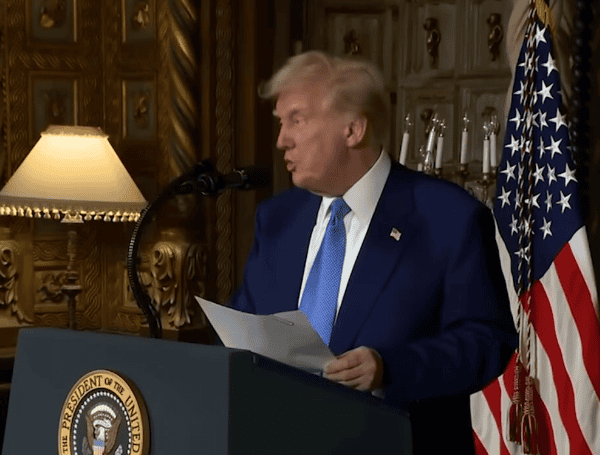President Donald Trump signed an executive order Tuesday, amending tariffs on imported automobiles and automobile parts, aiming to bolster domestic manufacturing and reduce reliance on foreign imports. The order, titled “Amendments to Adjusting Imports of Automobiles and Automobile Parts Into the United States,” modifies Proclamation 10908, which imposed tariffs earlier this year.
The core change links tariff reductions on imported auto parts to the assembly of vehicles within the United States. Specifically, the order provides manufacturers with an “import adjustment offset amount,” essentially a reduction in duties, based on the value of vehicles assembled domestically.
According to the proclamation, for automobiles assembled in the U.S., manufacturers can apply for an offset amount equal to 3.75% of the aggregate Manufacturer’s Suggested Retail Price (MSRP) of all vehicles assembled domestically from April 3, 2025, to April 30, 2026. This offset drops to 2.5% of the aggregate MSRP for vehicles assembled from May 1, 2026, to April 30, 2027.
The administration argues that this modification will incentivize domestic production, reduce reliance on foreign manufacturing, and strengthen the U.S. defense industrial base. The order states the move will “more quickly reduce reliance on foreign manufacturing and importation of automobiles and automobile parts; strengthen United States vehicle assembly operations by encouraging companies to expand domestic production capacity, which is critical to a strong domestic defense industrial base; shift manufacturing activity into the United States; increase domestic automotive research and development.”
The order dictates that only vehicles undergoing final assembly in the U.S. are eligible for the offset. Manufacturers must submit documentation to the Secretary of Commerce, including projected assembly numbers, tariff cost projections, and a list of eligible importers of record.
READ: US Sanctions Iran-China Network For Ballistic Missile Propellant Procurement
The Secretary of Commerce is tasked with establishing a process for manufacturers to apply for the offset within 30 days. U.S. Customs and Border Protection (CBP) will then administer the approved offset amounts.
Critics of the initial tariffs, and this modified version, argue that it will ultimately increase costs for consumers and harm international trade relationships. Industry analysts are now assessing the potential impact of these changes on the automotive market, and if it will truly cause a shift in manufacturing back to the United States.
The order also directs the Secretary of Commerce to continue monitoring imports and report any circumstances that might necessitate further action under Section 232 of the Trade Expansion Act of 1962.
Please make a small donation to the Tampa Free Press to help sustain independent journalism. Your contribution enables us to continue delivering high-quality, local, and national news coverage.
Connect with us: Follow the Tampa Free Press on Facebook and Twitter for breaking news and updates.
Sign up: Subscribe to our free newsletter for a curated selection of top stories delivered straight to your inbox.
